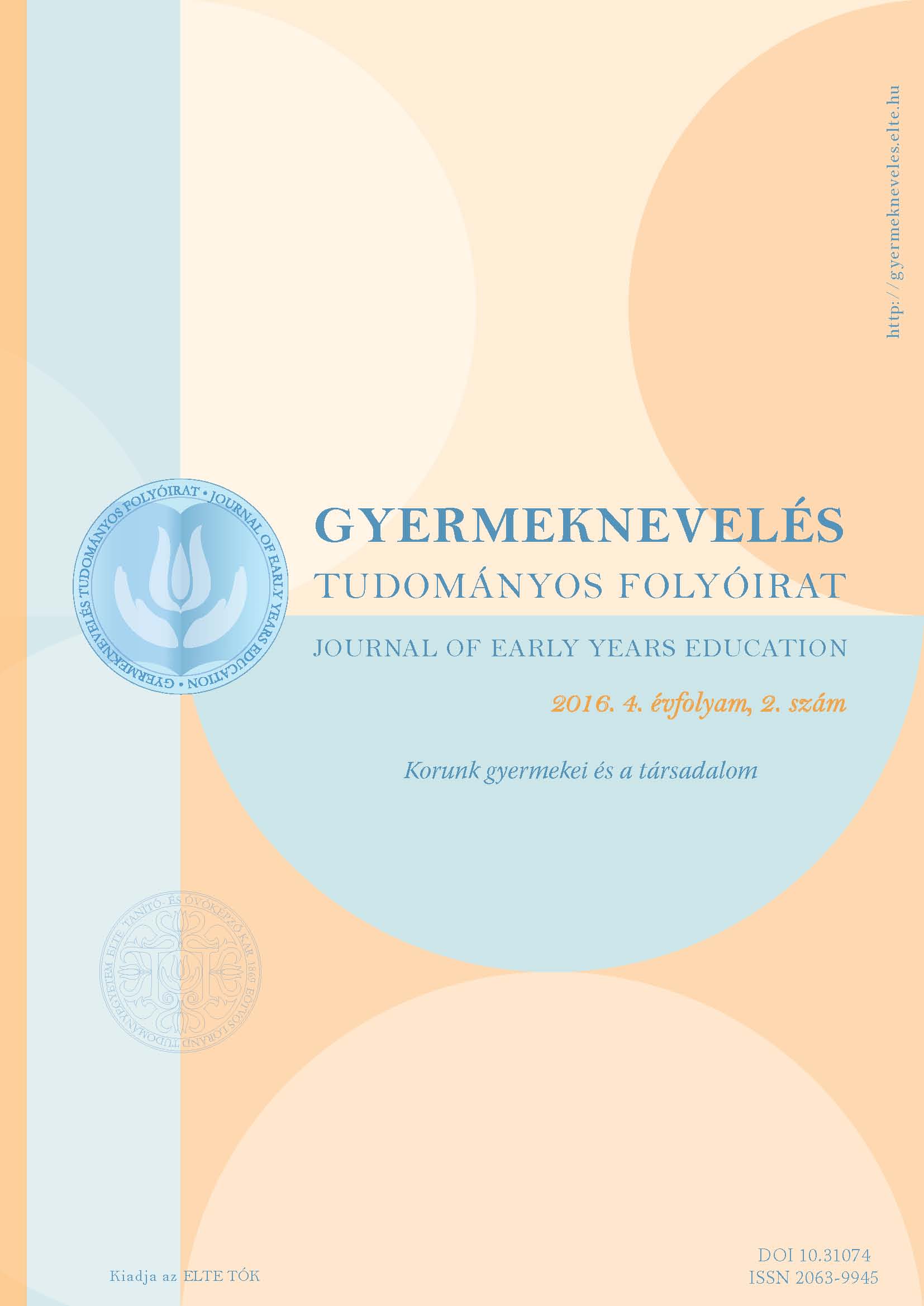Közösségeink
DOI:
https://doi.org/10.31074/gyntf.2016.2.79.85Keywords:
community concepts, organisations, movements, life routes, factors of community formationAbstract
In the shade of some states taking part in the processes of modernisation in the 20th century, new movements and organisations were formed for spending time outside family life, school and the church and were accepted by the society and the state. By the 21th century these movements seem to be disappearing – the cause could be: globalisation, postmodern diversity, disappointment of generations in capitalism and socialism and even in 'third routes'. What are the answers of the ethos of still persistent people? Are the apocalyptic visions of the society true? What are the other options? The study faces the phenomenon, finds historical, social reasons for the decaying child-care system, but from the scientific point of view only the transformation of youth culture is worth researching.
Downloads
Downloads
Published
How to Cite
Issue
Section
License
Copyright (c) 2016 Author

This work is licensed under a Creative Commons Attribution-NonCommercial-ShareAlike 4.0 International License.

